Immersion courses to learn about sustainable living at the heart of the Peruvian rainforest. Based on the indigenous concept "Sumaq Kawsay" (Life in Harmony) and guided by local and native trainers, it provides skills and knowledge to design and implement regenerative projects in the tropics.
Gain a life-changing perspective of nature and learn strategies for the creation of a thriving environment. The courses are held in Spanish and English at our Permaculture Center, located at Nanay river basin - Iquitos, Perú.
Upcoming Dates:
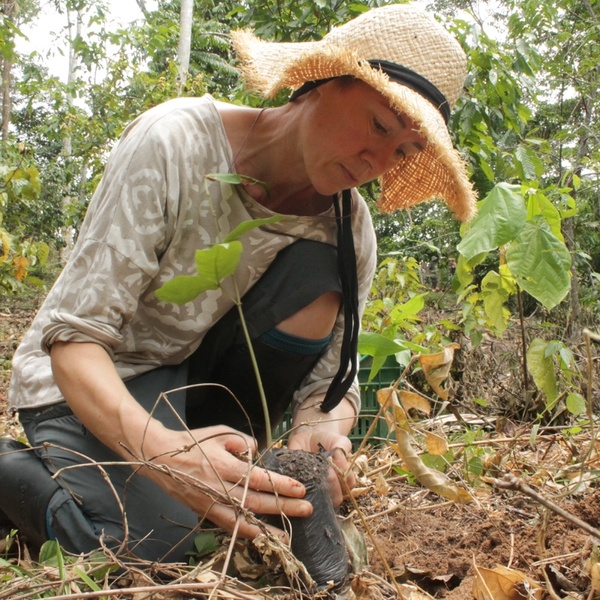
. October 1 - October 14 (2024)
. February 1 - February 14 (2025)
. June 1 - June 14 (2025)
To register, fill this form
A testimonial from Krista, the Netherlands:
More information below...
Traditional Knowledge for Self Sufficiency
🗓️ 12 day immersion course | 🕑 ~8 hours per day | ⌛ 88 hours of field-based learning
Immersion course to understand the tropical ecosystem and learn sustainable development principles and strategies to create regenerative projects.
Experience a field-based learning process in a communitarian living space. This course includes theoretical classes and hands-on practice on our nature reserve, as well as 15 hours of consulting time to design a personal project throughout the 12 days. The course is held in Spanish and English at Chaikuni Institute's Centre, located at Nanay river basin, Iquitos, Loreto - Perú.
Sustainable Development in the Tropics
This experience gives students the opportunity to learn in one of the world's most ecologically diverse environments. Based at Chaikuni Centre, the course follows 12 topics that guide our process to learn Sustainable Development applied to a tropical context:
Ecosystems, Organisms, Humans, Sumak Kawsay, Collecting, Building, Health, Production, Transformation, Technology, Organizations, Communities.
What you will learn in this course?
How ecosystems work and effective ways to improve them
Sustainability principles, strategies and action guides
“Sumak Kawsay” indigenous concept for a life in harmony
Nature inspired design and strategies to create a project
Project implementation and basic tools to manage it
Where can this lead you?
Improve your life, work and community
Design your dream project and implement it
Start a new career as project manager or researcher in the humid tropics
Move to the humid tropics
Humanitarian aid and sustainable development in community and land restoration
To register, fill this form
Sumak Kawsay: the core of our work
The course and the dynamic of our Centre is based on the Sumak Kawsay's concept, which translates to “life in harmony with nature” in the Kichwa language and origins in indigenous cultures throughout the Andean region and the Amazon rainforest.
Sumak kawsay promotes the idea that the collective well-being of the community is achieved through harmony within nature. This way of life is integral to our cultures an alternative to “Western” ideas of development that emphasize profit, commodification and infinite growth.
This indigenous worldview sees nature as a living being and humans as a part of an interdependent community that includes all other life forms. This community of life is entirely dependent on what nature offers: fertile soil, healthy bodies of water, abundant flora and fauna, thriving forests. And it is these things along the traditions and knowledge systems—not material wealth or accumulation—what truly constitute Sumak Kawsay.
What is included?
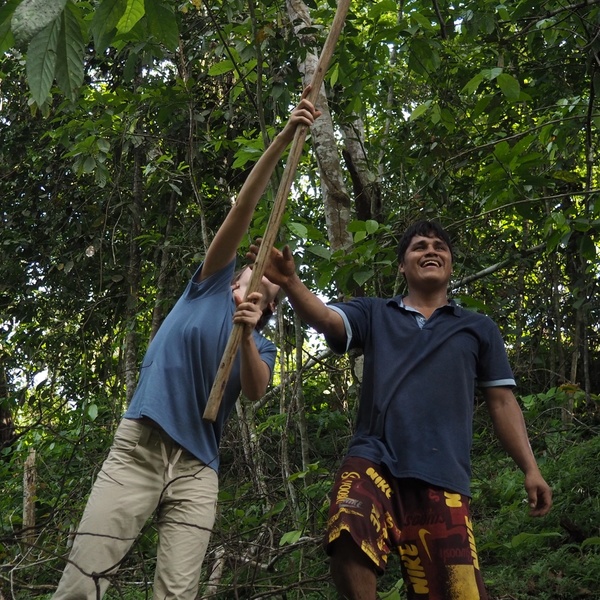
88 Hours of Classes and Field-based Learning
· With local and native trainers
· Lectures and debates
· Materials and tools for field-based learning practices
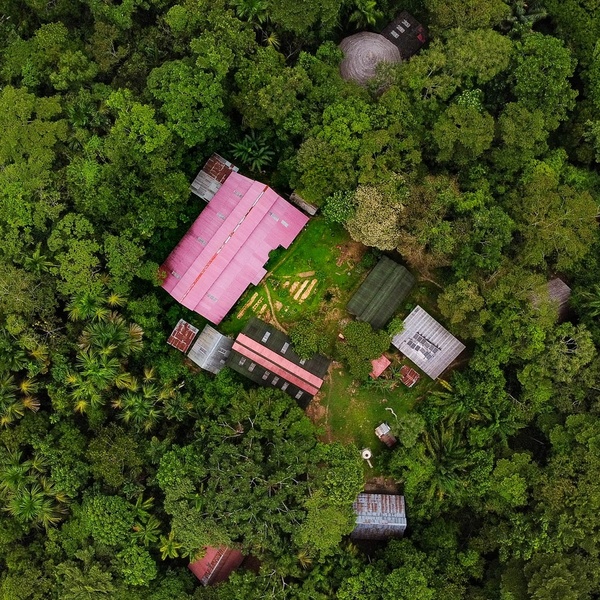
On Site Accommodation
· Personal bedrooms
· Well implemented library
· Comfortable exercising/meditation maloca
· Coffee shop
· Chill areas with hammocks
· Safe walking routes around the jungle
· Basic services
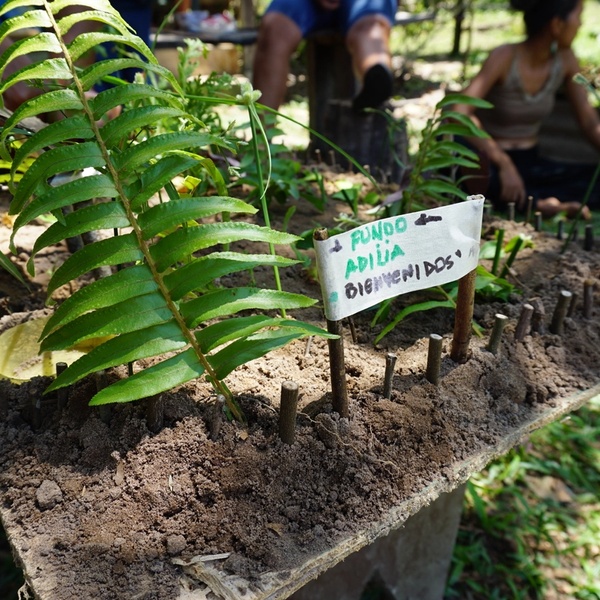
Final Design Exercise
You will have the tools, materials, time and advisory to design a personal project to be implemented by you after the course.
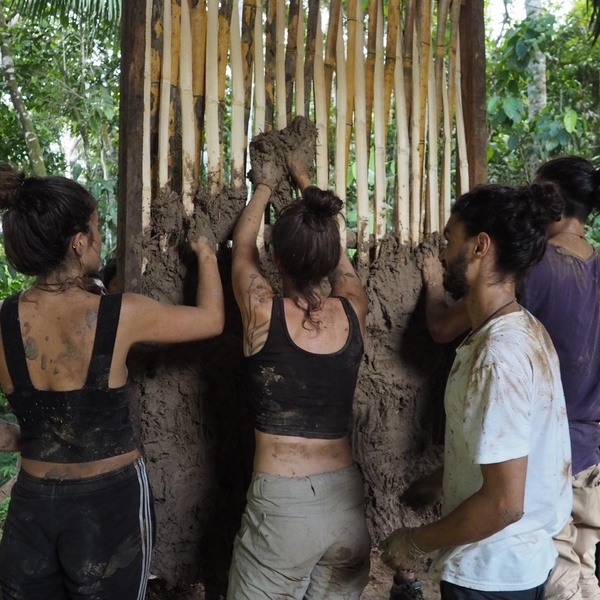
Project Implementation
All the group and the Chaikuni Staff will implement/build an already designed project into the eco-center along the course. From the harvest of materials needed to the last details of functionability.
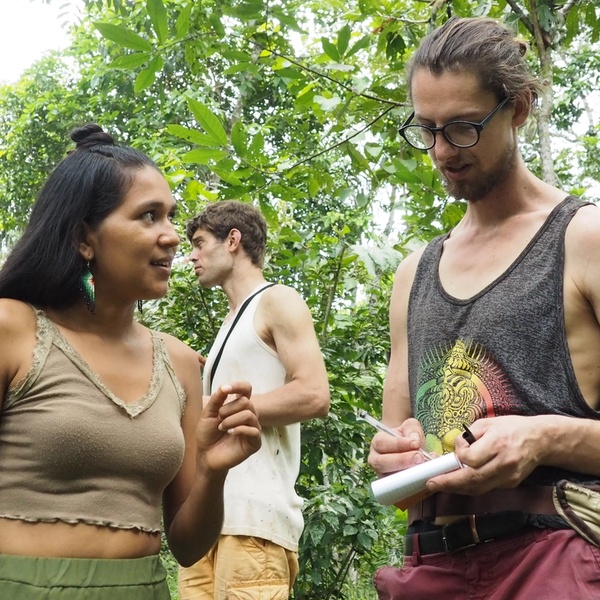
Communitarian Learning Spaces
Extra curriculum spaces in the morning or evening to learn different topics from all the participans of the course.
Course Outline
The course has 12 main topics to guide us through the immersion process. We go through each one of them using field-based learning strategies that allow us to incorporate the environment knowledge as well as the classes information.
Along the course, we implement an already designed project at the Chaikuni Institute and we receive introductory design classes to develop a personal project design to be presented at an exhibition at the end of each course.
Schedule
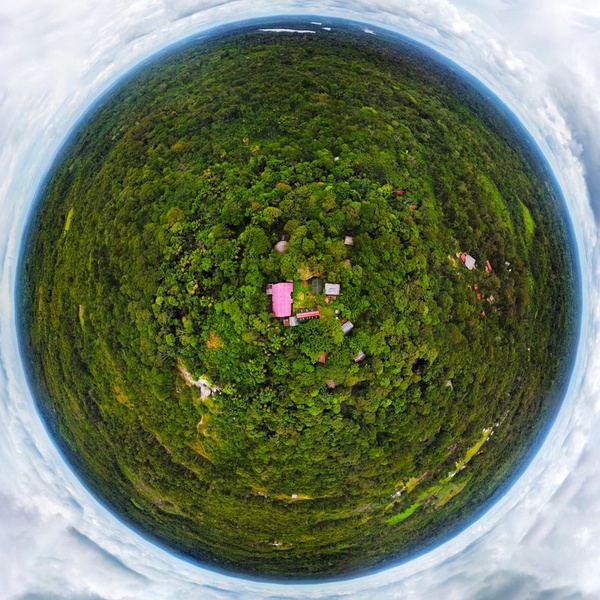
Ecosystem
07:00 | Depart for Chaikuni Institute
09:30 | Arrival and reception
11:00 | Welcome and orientation meeting
13:30 | Lunch
15:00 | Introductory class and Ecosystem field-base learning
18:30 | Dinner
19:30 | Night walk
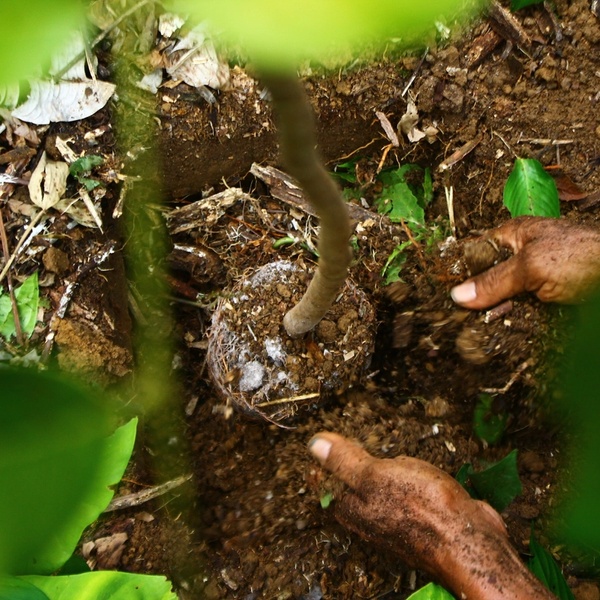
Organisms
07:00 | Breakfast
08:00 | Chaikuni Institute overview and chosen project to implement review
10:30 | Organisms field-based learning
13:30 | Lunch
15:00 | Design class 1 and personal project design
18:30 | Dinner
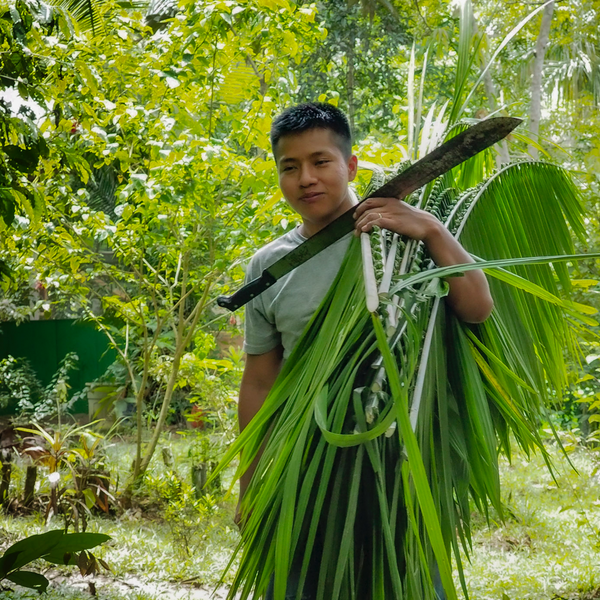
Humans
05:30 | Lupuna tree visit
07:00 | Breakfast
08:00 | On-field project implementation
10:30 | Humans field-based learning
13:30 | Lunch
15:00 | Design class 2 and personal project design
18:30 | Dinner
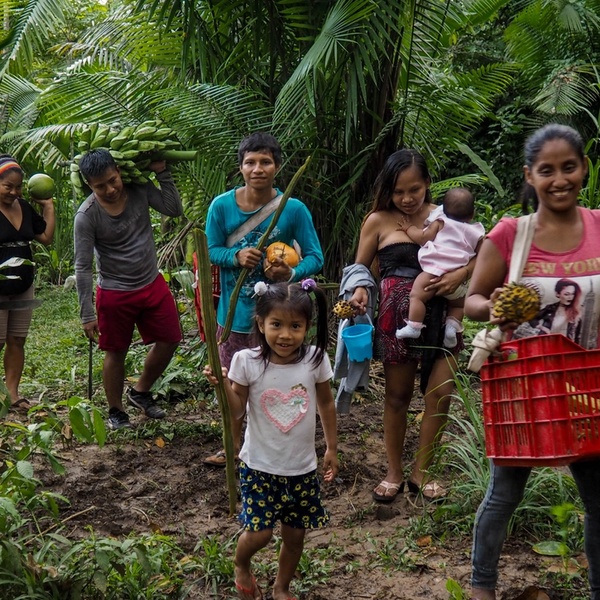
Sumak Kawsay
05:30 | Internet research for personal project (Wi-fi will be open for 90 minutes)
07:00 | Breakfast
08:00 | On-field project implementation
10:30 | Sumak Kawsay field-base learning
13:30 | Lunch
15:00 | Design class 3 and personal project design
18:30 | Dinner
19:30 | Word ceremony
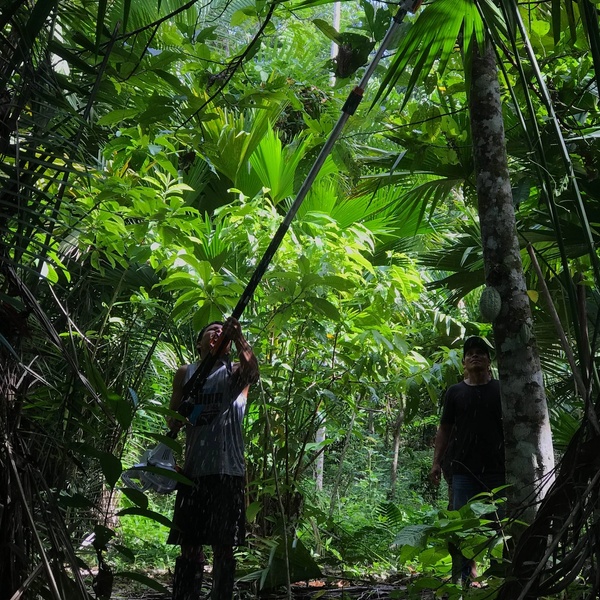
Collecting
07:00 | Breakfast
08:00 | On-field project implementation
10:30 | Collecting field-base learning
13:30 | Lunch
15:00 | Design class 4 and personal project design
18:30 | Dinner
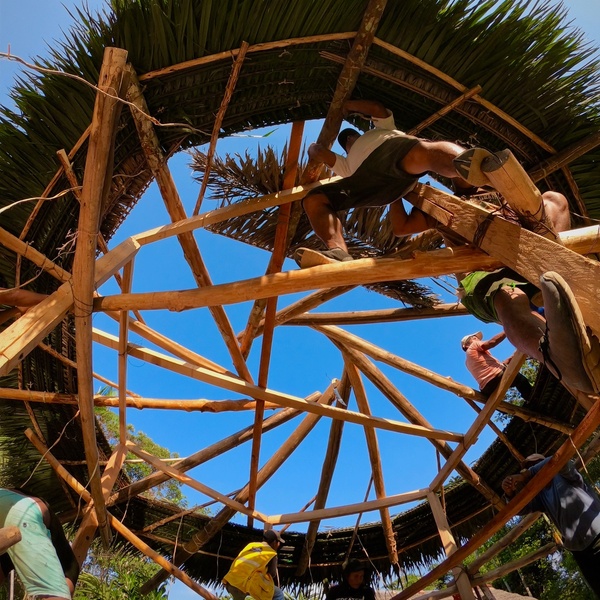
Building
07:00 | Breakfast
08:00 | On-field project implementation
10:30 | Building field-base learning
13:30 | Lunch
15:00 | Design class 5 and personal project design
18:30 | Dinner
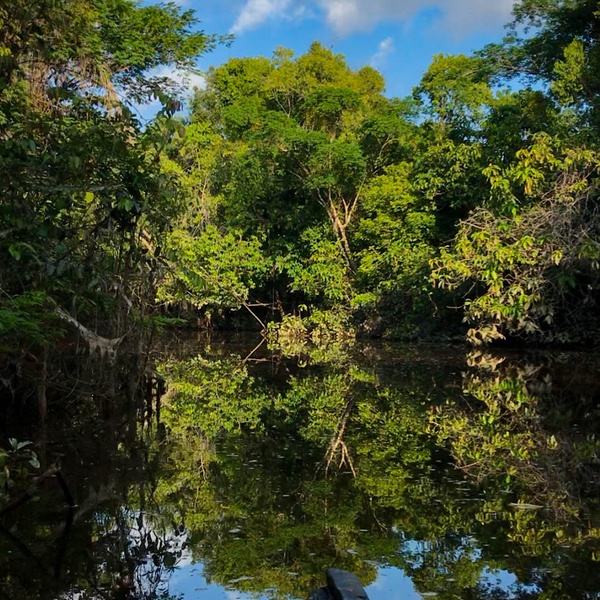
Health
05:30 | Internet research for personal project (Wi-fi will be open for 90 minutes)
07:00 | Breakfast
08:00 | On-field project implementation
10:30 | Health field-base learning
13:30 | Lunch
15:00 | Exhibition layout and personal project design
18:30 | Dinner
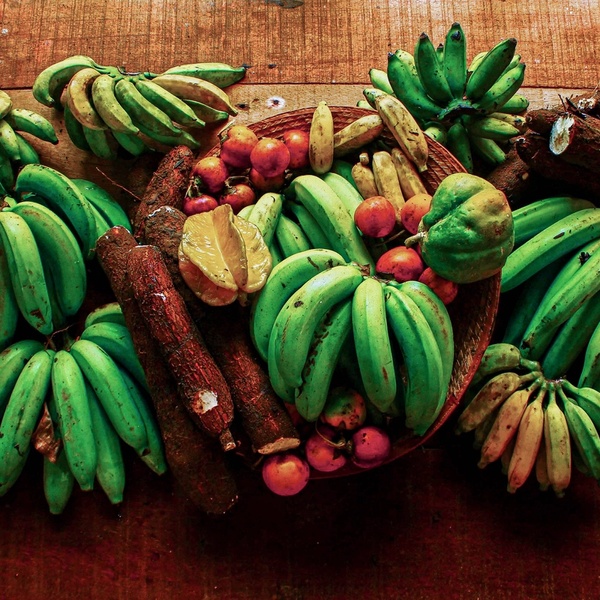
Production
05:30 | Villager's Chacra Integral visit
07:00 | Breakfast
08:00 | On-field project implementation
10:30 | Production field-base learning
13:30 | Lunch
15:00 | Exhibition layout and personal project design
18:30 | Dinner
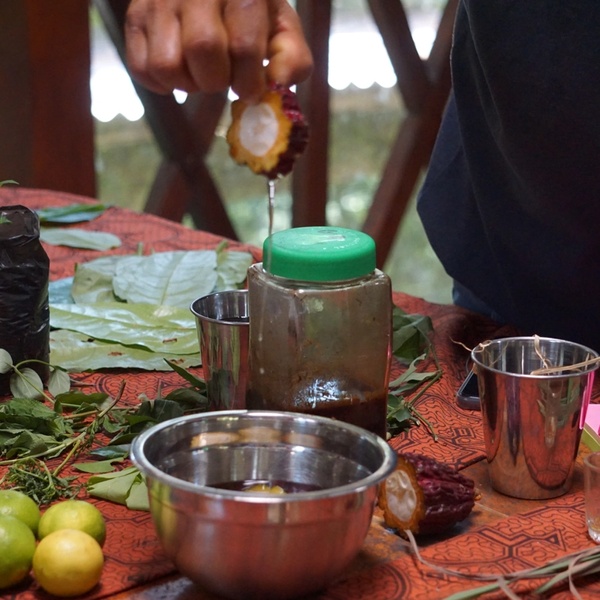
Transformation
07:00 | Breakfast
08:00 | On-field project implementation
10:30 | Transformation field-base learning
13:30 | Lunch
15:00 | Exhibition layout and personal project design
18:30 | Dinner
19:30 | Campfire night
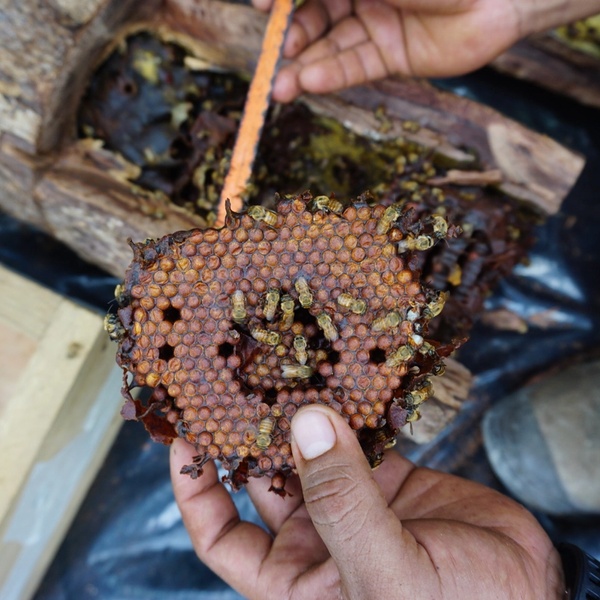
Technology
05:30 | Internet research for personal project (Wi-fi will be open for 90 minutes)
07:00 | Breakfast
08:00 | On-field project implementation
10:30 | Technology field-based learning
13:30 | Lunch
15:00 | Project exhibition
18:30 | Dinner
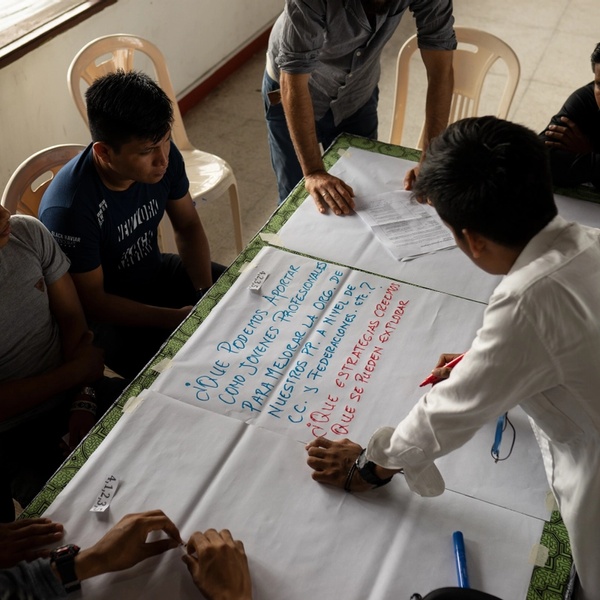
Organizations
07:00 | Breakfast
08:00 | Project inauguration
10:30 | Organizations field-base learning
13:30 | Lunch
15:00 | Personal project exhibition
18:30 | Dinner
19:30 | Celebration night
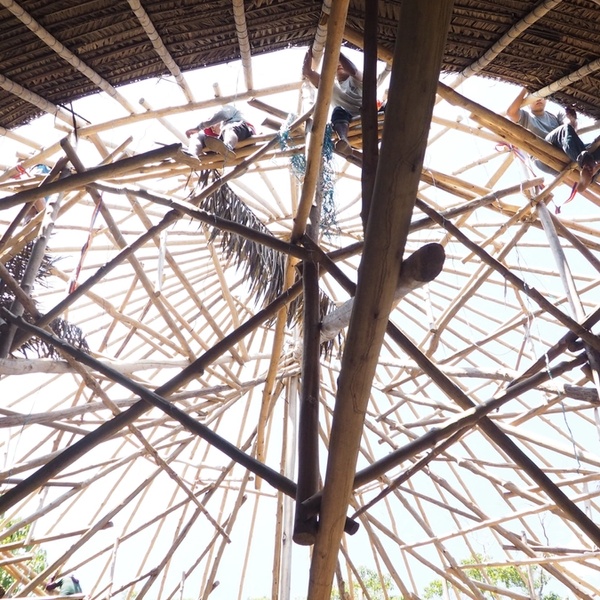
Communities
07:00 | Breakfast
08:00 | Communities field-base learning
09:30 | Closure and group photo
10:30 | Village visit and leave for Iquitos
14:00 | Arrive at Iquitos
Your Trainers
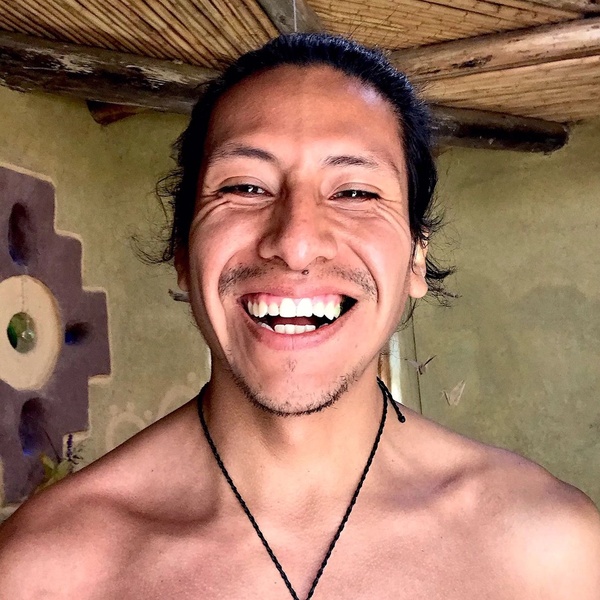
Native Teacher
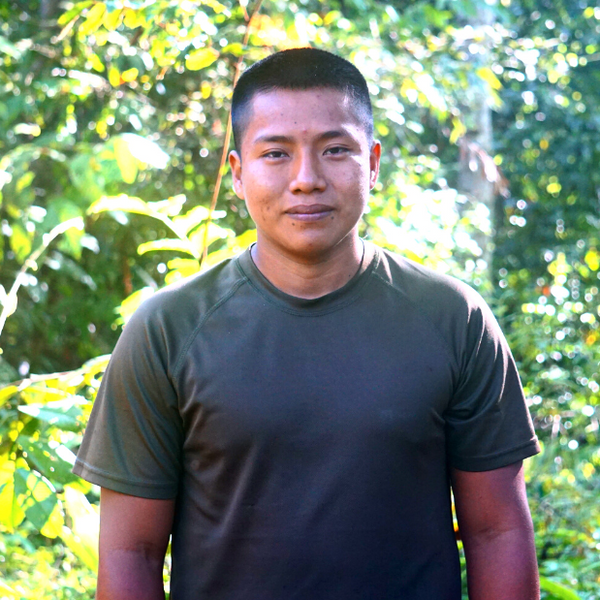
Local Trainer
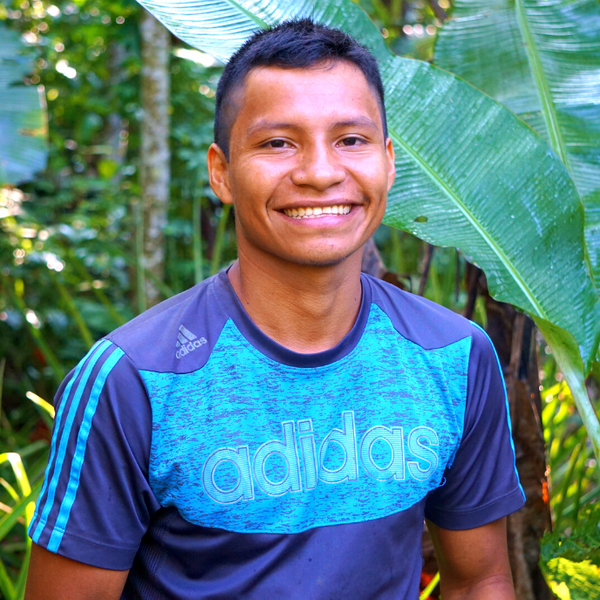
Local Trainer
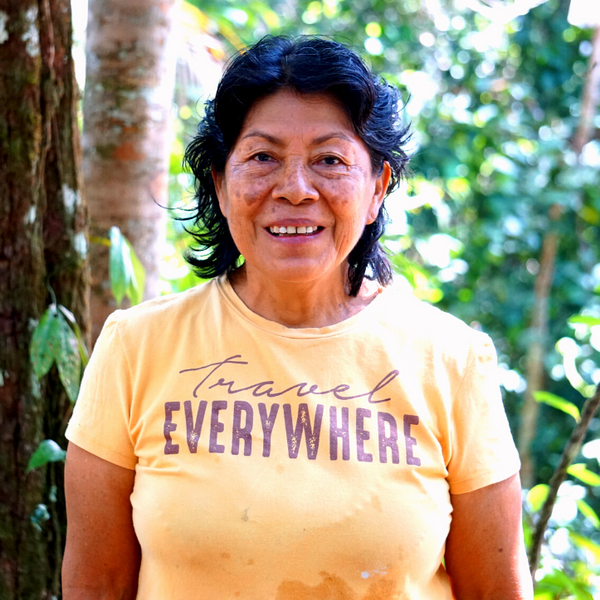
Local Trainer
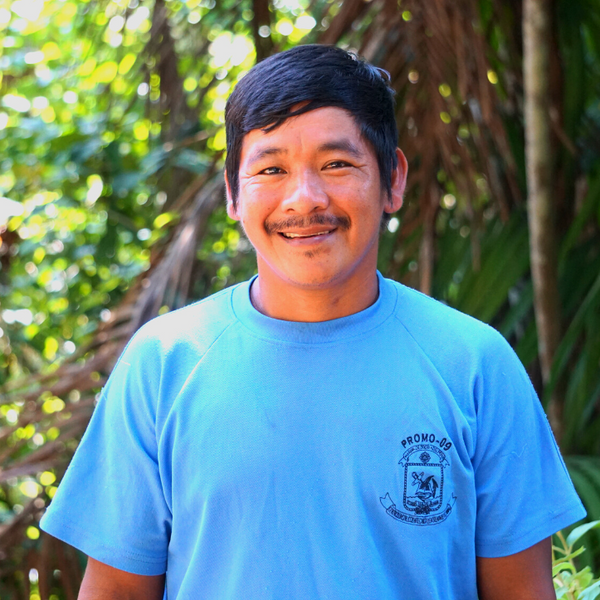
Local Trainer
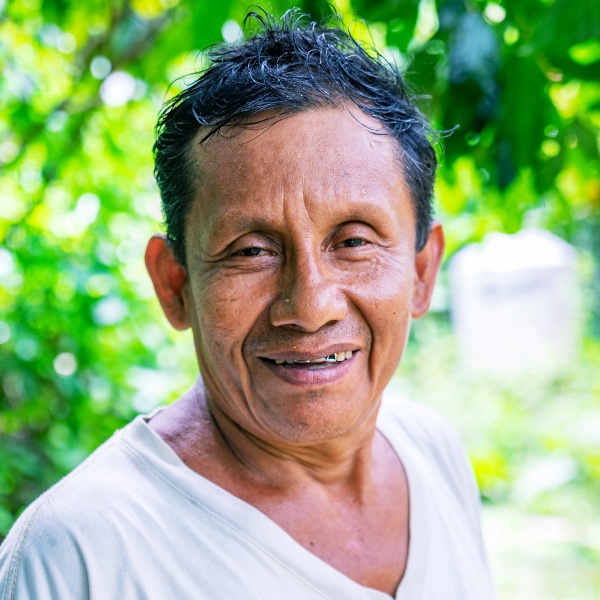
Local Trainer
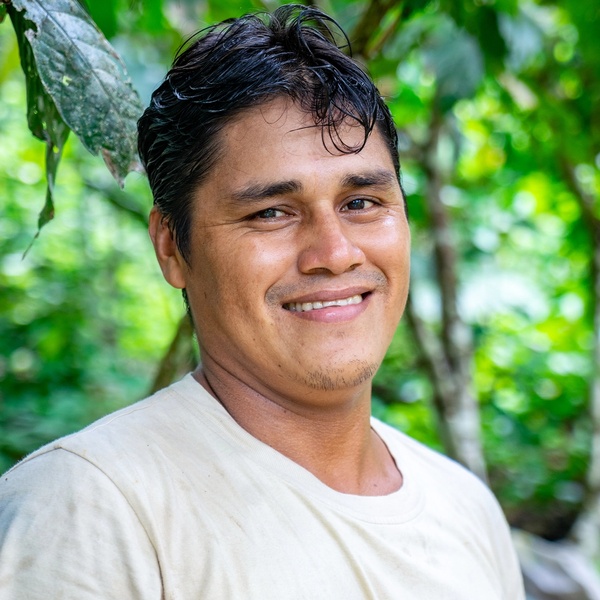
Local Trainer
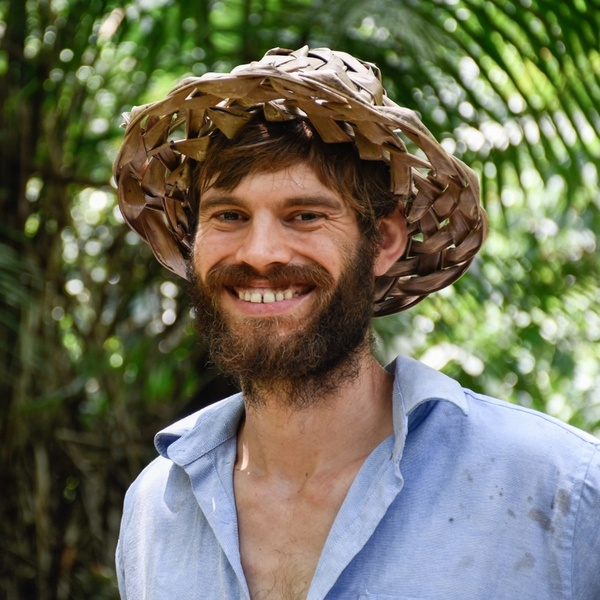
Facilitator
Cost
Regular price: $680
Covers your full course.
Ideal price: $980
Covers your full course and allow us to give a scholarship to a local or native student who you'll be able to meet in person or through video call.
If you have any questions, please write to: diego@chaikuni.org
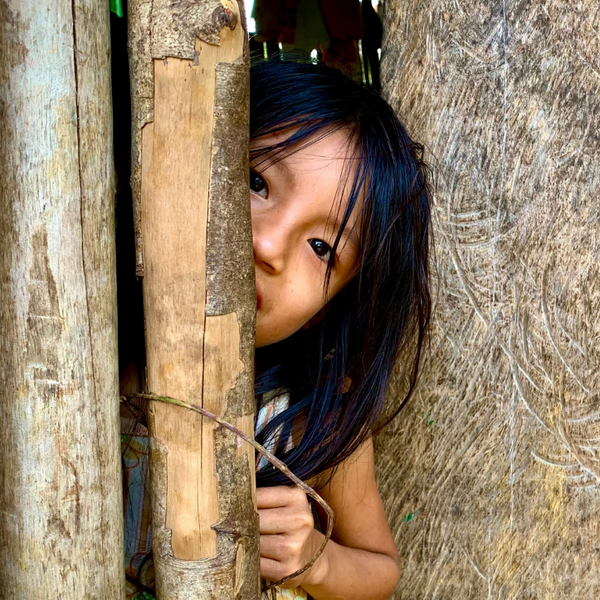
Further Info:
· Our Terms and Conditions
· Our Privacy Policy








